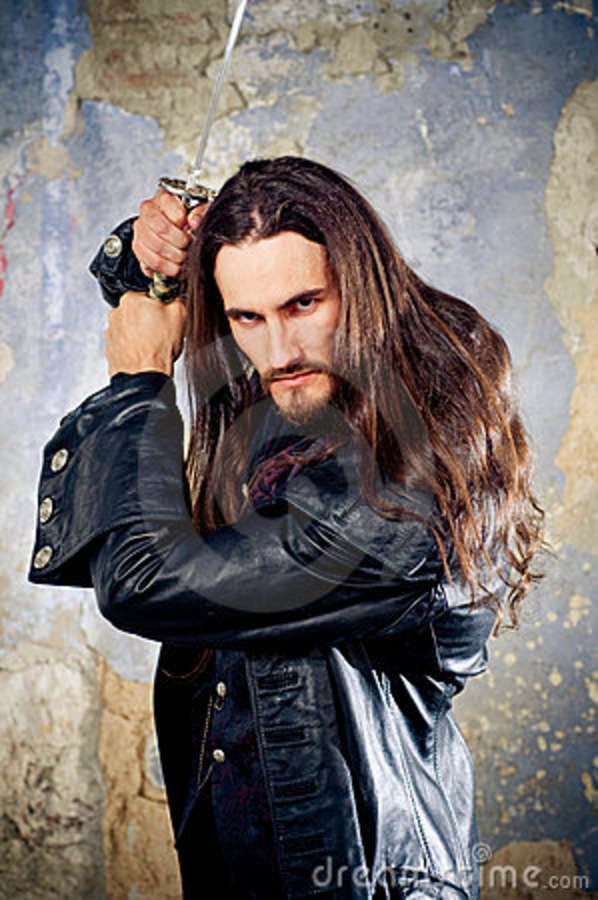Nine Heroes, a fantasy
anthology with one of my tales, is now available for Kindle.
Here’s an excerpt from my story, Through
the Sting of Fairy Smoke:
 |
| What is that leaf about? Read the book to find out! |
The man would
never use the arm again.
The man fell to
his knees, gasping for air through the pain that had just been inflicted upon
his body. His eyes widened when Pel blade pressed his blade against his
throat. Pel looked into them, trying to
see if the man could see Death.
There was only
fear and pain.
Calmly, easily,
Pel rolled the blade around the man’s chin and up. He cut swift slashes into the man’s cheek in
the shape of a triangle stood on its tip. The man would wear the scar till he
died, and all would know that he’d gotten it at the hands of a Servant. It was
a symbol few bore. All who did, the Marked, were useless invalids who could
barely care for themselves. They limped throughout their towns and villages, a
message to others to obey or suffer a similar fate.
These will obey,
thought Pel. He turned to survey the
scene.
 | |
| "These will obey." Well, not the dead ones . . . |
Pel’s eyes fell
on the eight corpses that littered the street.
He had been
fortunate that the men had come for him in two groups. A single rush of the
nine would have taken him. No Servant,
no matter how good, could take nine at once.
That was a thing for the bard’s songs, for the legends and lies told
around a fire.
As it stood, the
first two men to fall, the ones furthest from where Pel stood, each had a black
hilt sticking out of their throats.
Those had been lucky throws. He’d
hoped to wound them, slow them down, and give him time to deal with the rest. That they were both dead had been more than
fortunate.
The other six
dead men had required effort. They’d
been fools not to use their superior numbers against him, but perhaps it was
the myths of the Servants that had caused the second group to waste precious
seconds. Pel has been able to swiftly,
but carefully, deal with the attackers so that in addition to the disarming
wounds he’d given them, each man’s head was neatly severed from his shoulders.
It was important that others knew he’d killed the men intentionally; that there
had been no quarter given and that their defeat was a simple matter.
There were
always others who thought to foment rebellion.
 |
| This is my sword. There are many like it but this one is mine. |
The ninth man,
the Marked man, was only a reminder if what had happened on this day. By law, he was now the town’s burden. They would feed him, shelter him, clothe him,
keep him warm in the winters and pay for his medicine when he fell ill. He would live for a long while to keep the
memories of other fools fresh with this picture.
“Lanskil will be
fined an extra tenth come the season.”
He’d spoken
loudly, knowing there were eyes on him even if he couldn’t see them.
Four eta pulled
a hand cart nearby and began the distasteful process of loading up the dead men
from the street. Pel ignored them. The town would pay for their services as well.
“You’re a hard
man, Servant,” an oily voice said at his side.
Pershin was the
tax-collector in the province. He fit stereotype perfectly. Greasy hair hung
just below his ears, small beady eyes seemed to weigh and measure all things in
terms of gold, silver and coppers. A sharp angular nose was set on a small face
that seemed to lack a chin. His clothing was fair enough for his position, and
Pel was certain Pershin had it tailored, but for some reason it still didn’t
fit the man correctly. He was a short weasel, perfect for his job.
You can also buy
Nine Heroes in paperback!
For more stories by R.A. McCandless, buy my urban
fantasy Tears of Heaven!




